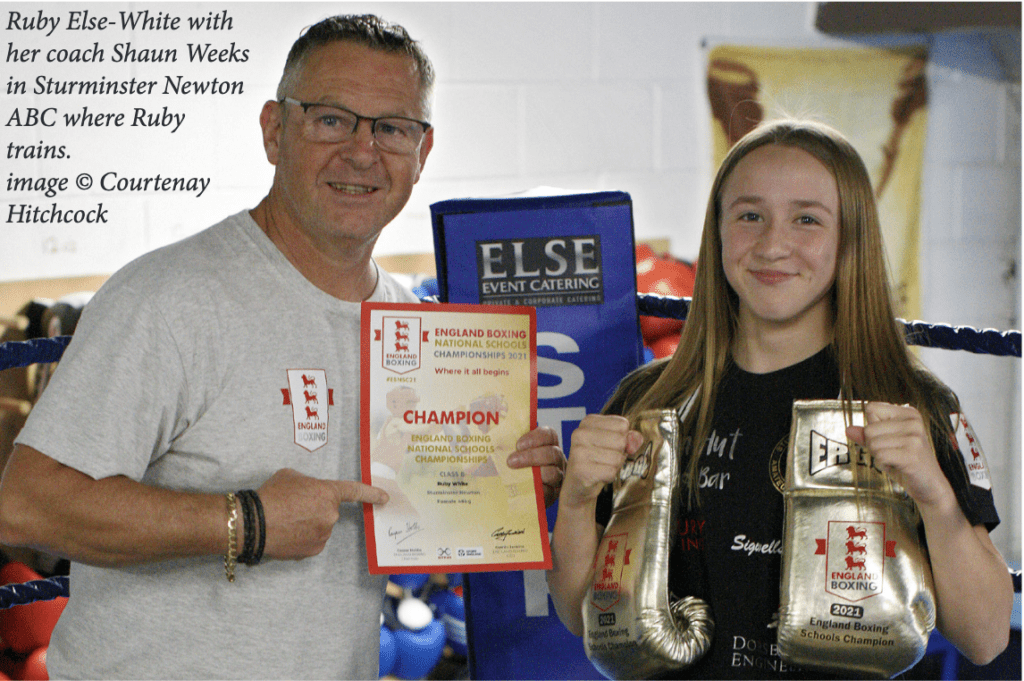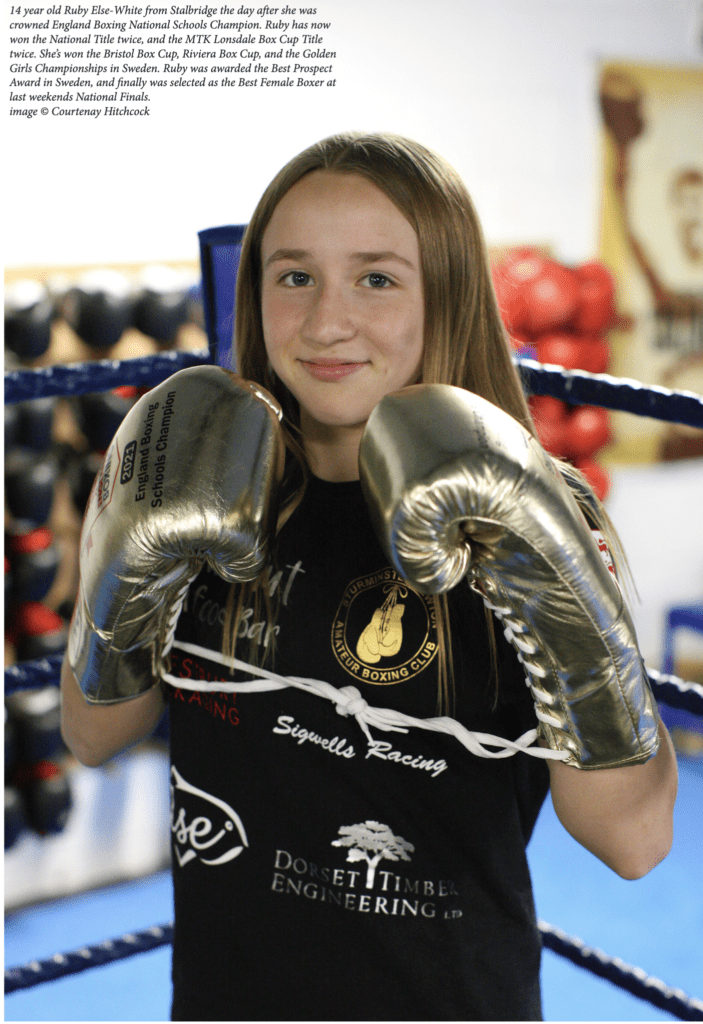This month, Shena Kozuba-Kozubska will be running her second London Marathon. It’s likely to be even tougher than the one she did 30 years ago. Running that one, she “only had a fractured skull and broken hand,” she recalls understatedly.
What this top-class horse rider had actually suffered was a massive blow to the head, resulting in near-fatal subarachnoid haemorrhage. Her horse had bolted, flinging her head-first on to some posts. Even with these injuries, Shena managed to complete the gruelling 26.2-mile race in four hours, and raised £6,000 for the Mark Davies Injured Riders Fund. The charity helped her financially to get back in the saddle after she couldn’t run her equestrian school for a year.

Second near-fatal accident
Forward to 2021, Shena’s now 77 and once again recovering from near-fatal injuries. An horrific accident five years ago left this internationally renowned horsewoman and instructor from Donhead St Andrew with broken breast bone, hip, ribs, shoulder and pelvis, plus internal injuries resulting in her losing a kidney. “The entire left side of my chest was caved in and I had massive internal bleeding. I shouldn’t be here, I really shouldn’t, but thanks to the amazing action of paramedics and Somerset Air Ambulance, I survived.” All Shena can recall from that fateful day is stopping her ‘bombproof’ horse to let a car pass. She woke up four weeks later in intensive care. The horse was found nonchalantly grazing by her side, uninjured. Her story of recovery is not easy. It took three people to get her
out of bed. She recalls being left in excruciating pain in a chair in Southampton hospital. She rang the call-bell and shouted but it took overworked nurses three agonizing hours to come to her aid. She had to learn to walk again after being wheelchair- bound.

Horatio’s Garden
Shena was intensely grateful to be moved to Odstock Hospital in Salisbury. Here she rebuilt her strength and delighted in the fresh air of Horatio’s Garden, connected to the spinal injury unit. “I’m an outdoors person so the confines of hospital were extremely difficult for me.” Shena also had to cope with the grief of losing her sister Joanna to motor neurone disease. “Joanna had died a year and a day before my accident. My sister Danuta and I had cared for Joanna, who was an incredible woman. She’d been a prison governor in charge of the infamous Moors murderer Myra Hindley followed by a successful career in business management. “Motor Neurone disease is
devastating – that’s why, as well as Somerset Air Ambulance, I’m fundraising for the Motor Neurone Disease Association as well as Horatio’s Garden. I know how much this green space helped my sister as well as me.”

A long career
Shena’s equestrian career began after she was introduced to riding at Longham stables in Ferndown when four years old. She progressed to pony club competitions and after leaving school trained at Wylie “the best and only training yard that there was at that time.” She went on to become the youngest British Horse Society Accredited instructor. At 18 she competed at the prestigious Badminton Horse Trials and has worked alongside some of the
biggest names in the equestrian world, including HRH Princess Anne, Olympic champions Lucinda Green, Virgina Leng and Richard Mead, our most successful male equestrian Olympian. She’s also worked with Chris Bartle, dressage champion and now eventing coach for Olympic riders. Born in Kenya, Shena has returned there to run horse clinics. She also taught Carole Annett to ride, wife of Olympic athlete, Lord Sebastian Coe. This contact came in handy when Shena wanted to enter her first marathon in 1991. “My head injury had meant I couldn’t work for a year. I was overweight so set myself the challenge of running a marathon. It was January and the race was
happening in April so I called Seb and he managed to get me in!” This determined woman hopes to raise £6,000 again this year. She admits the training ‘is almost killing’ her as she still struggles to walk up hills, let alone run
up them. “I swore I’d never do it again but I’ve been feeling crumpled and useless. I can’t ride and would never get back on a horse as it wouldn’t be fair to Danuta, who cared for me through my recovery. I can’t even keep horses, as just a nudge from one could send me flying as I’m still not stable. I’m really hoping I won’t get pushed over amongst the 50,000 plus runners! “I’m not strong enough to jump out of a plane or wing-walk. I don’t knit! So, I will run, or totter this time, for these crucial charities because none of us know when we or our loved ones may need them.”
Support Shena through her JustGiving page here
By: Tracie Beardsley

















